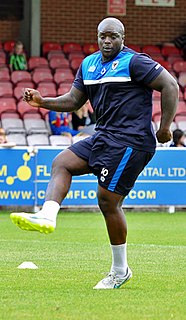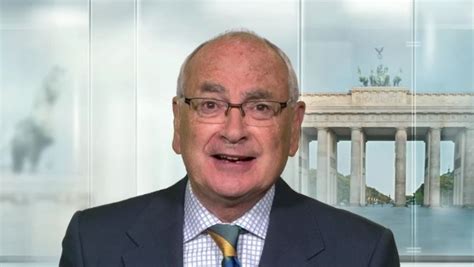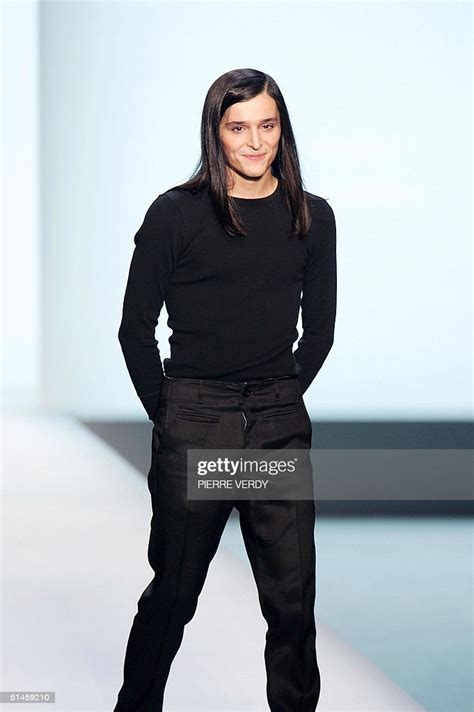A Quote by Paul Gauguin
No one wants my painting because it is different from other people's peculiar, crazy public that demands the greatest possible degree of originality on the painter's part and yet won't accept him unless his work resembles that of the others!
Related Quotes
To me, everything is endless variations on other things. Like waves in the ocean. They continue to turn over on each other, and they're all slightly different. I don't know if originality is possible. Is it even necessary? Because everything is different than what came before, but it's all branches from the same tree. Originality is overrated, but what you do with things is always different.
Trump wants to take us back to a time when people like him could abuse others with little to no consequence, when people like him could exploit the labor of others to build vast amounts of wealth, when people like him could create public policy that specifically benefited them while suppressing the rights and social mobility of others.
No man can do both effective and decent work in public life unless he is a practical politician on the one hand, and a sturdy believer in Sunday-school politics on the other. He must always strive manfully for the best, and yet, like Abraham Lincoln, must often resign himself to accept the best possible.
If there ever was a time for a cool, rational and unemotional series of responses on the part of people in Europe, it is now. One reason is that Russia's President Vladimir Putin and Trump are very similar: They are macho types, they are bullies - and they want the same thing: to weaken the EU, albeit for different reasons. Trump, for his part, is a protectionist of the first order, and he wants to make his vision work. He shows no interest in competition with others, but aims to go back to the 1930s.
The ordinary patient goes to his doctor because he is in pain or some other discomfort and wants to be comfortable again; he is not in pursuit of the ideal of health in any direct sense. The doctor on the other hand wants to discover the pathological condition and control it if he can. The two are thus to some degree at cross purposes from the first, and unless the affair is brought to an early and happy conclusion this diversion of aims is likely to become more and more serious as the case goes on.
Making clothes that everybody can wear is also something that stimulates me a lot, because I have this edgy, fashion-y part, but I am also totally involved with a brand that is about how people dress, and what they want. And it's a whole other look you can have on the street. It's exciting because it speaks to the other part of my job and what my passion is. A designer wants to make something useful for as many people as possible.
[A] republic . . . [is] a government, in which the property of the public, or people, and of every one of them was secure and protected by law . . . implies liberty; because property cannot be secured unless the man be at liberty to acquire, use or part with it, at his discretion, and unless he have his personal liberty of life and limb, motion and rest, for that purpose.
I don't think I have a favorite chess move, other than checkmate, because each move is part of a combination of other moves. Just like I don't have a favorite piece, because they all work together. I mean, I love myself; I am the king on the board, but other pieces do different things and they all work together, so it's not one particular move unless it's checkmate because usually there's an answer. You know, chess is about questions and answers.
Capitalism demands the best of every man - his rationality - and rewards him accordingly. It leaves every man free to choose the work he likes, to specialize in it, to trade his product for the products of others, and to go as far on the road of achievement as his ability and ambition will carry him.








































